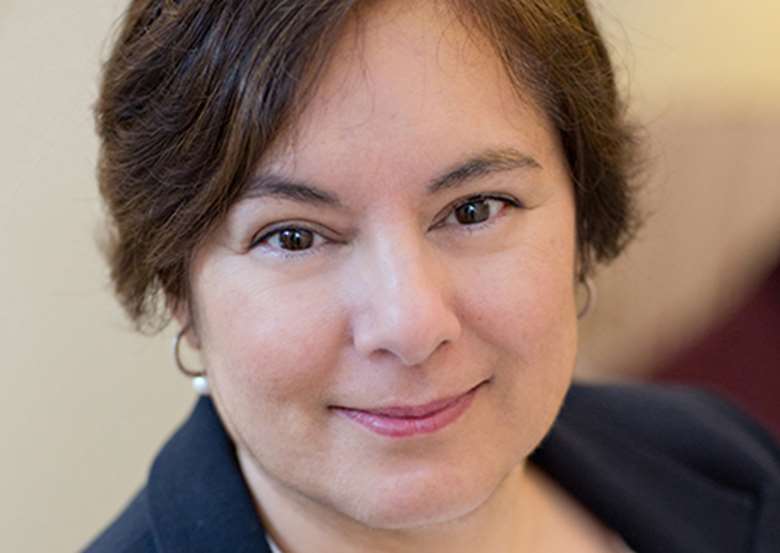Interview - Leonor Stjepic
Monday, June 25, 2018
The charity’s new CEO talks about moving into the early years sector after a varied career spanning voluntary work to merchant banking

Tell us a bit about your background.
I come from a family of refugees who were exiled from Spain because of their active, peaceful campaigning against the then fascist regime. From an early age, I was driven to ‘give back’; it is almost part of my psyche. As a volunteer, I co-founded Amnesty International’s Working Group for Children at the age of 18, campaigning for children who were victims of torture or imprisoned because of their family’s political beliefs.
We also lobbied to have children’s rights incorporated as part of Amnesty’s mandates. After years, we achieved this and Amnesty staff took over the work that our small group of volunteers had been doing. In the 1980s the charity sector was not what it is today so I went into the private sector and worked in academic publishing, a recording company, merchant banking, and art and antiques – then ran my own business as a consultant helping companies with growth and turnaround. I volunteered during the Balkans war, with refugee children and women. On my return, I decided to move full-time into the charity sector. This is my third CEO role.
What appealed to you about the early years sector?
A civil society is based on education and the real impact, as many readers will know, starts with early years education. I don’t know if my primary school teacher was Montessori-trained, but I certainly recognise much of the Montessori method in my early years education. Fifty years later, I still remember our classes and think of Miss Jacobs with great affection. During my time in the refugee camp, we worked with children ranging from toddlers to teenagers. Many of the young toddlers, who are now grown up with children of their own, still contact me to say what an impact our modest nursery provision had on their lives.
Next year will be the 100th anniversary of Maria Monttessori's visit to London?
We want to use this significant anniversary to raise awareness of the importance of the values that Maria Montessori lived and worked by and how they are still as valid, if not even more important, today.
Montessori St Nicholas has a new head office in St John's Wood. What does it offer?
The chance to have all our activities, current and future, under one roof is important and will allow us to be even more efficient in the future. Having our own building allows us to really plan for the long term and to use it as a base for some of our new fundraising.
What are the greatest challenges facing the sector at the moment?
We live in a world where change is constant, and the future is uncertain. The only thing we know is that there will be further change. We are only beginning to understand the impact of social media on our young people, and there is a bigger revolution around the corner with virtual reality technology. Political instability, the rise of popularism in some countries, a lack of trust in hierarchies – the future is going to be difficult.
As a sector, we need to absorb all these changes and prepare our children for the future, but at the same time we face the day-to-day challenges of funding and Government regulations and the impact they have on nursery owners.




